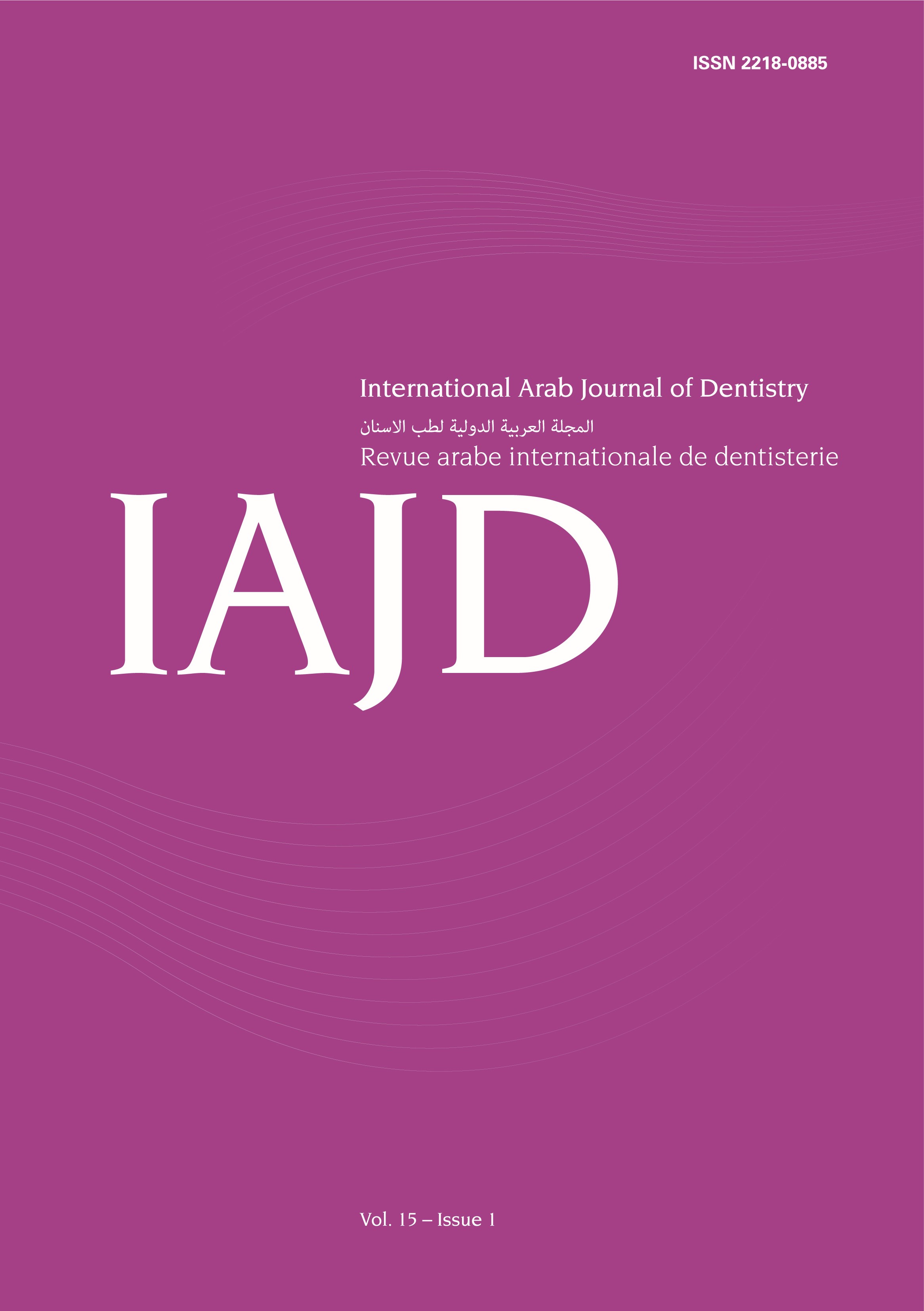Abstract
Introduction: Autism Spectrum Disorder (ASD) is a type of neurological development disease marked by difficulties in social interaction and communication, as well as repetitive behaviour. Sensory hypersensitivity to visual, auditory, olfactory, or gustatory stimuli has been linked to dental care issues in children with ASD. The purpose of this research is to assess the oral health and brushing behaviours of children with Autism.
Methods: In this study, 70 autistic children aged 3 to 9 years were chosen. The study was conducted into two parts: Questionnaire Survey & Oral Examination. The Questionnaire consisted of two components. The first component dealt with children’s brushing practises and oral health, while the second dealt with eating patterns and previous dental appointments. An oral examination was performed to determine the presence of dental caries.
Results: All the collected data is tabulated in MS-Excel. This data was transformed into SPSS 20.0 software for analysis. The frequency distribution was used to test frequencies of this study whereas association between study variables and types of brushing was done by using chi-square test. It was considered that p<0.05 at 95% CI. It was observed that children with autism using powered toothbrush showed lower caries incidence as compared to children using manual toothbrush.
Conclusions: Children with Autism need more supervised oral care & as the parental awareness is increasing though multi-disciplinary approaches there has been an improvement in oral health status due to less cariogenic diet and use of electric tooth brushes. For such special needs children, dental practitioners must highlight the need of frequent dental appointments and preventative measures.

